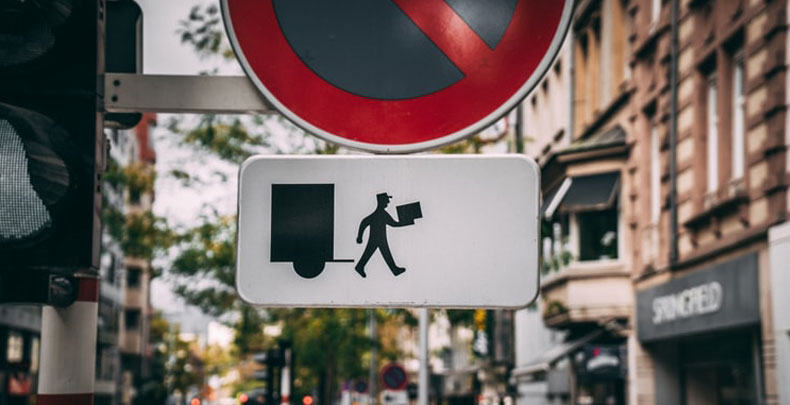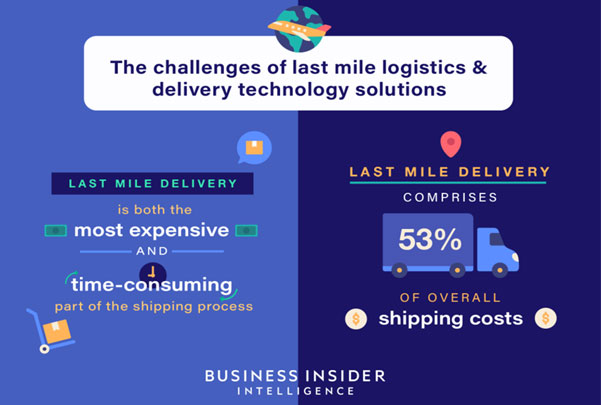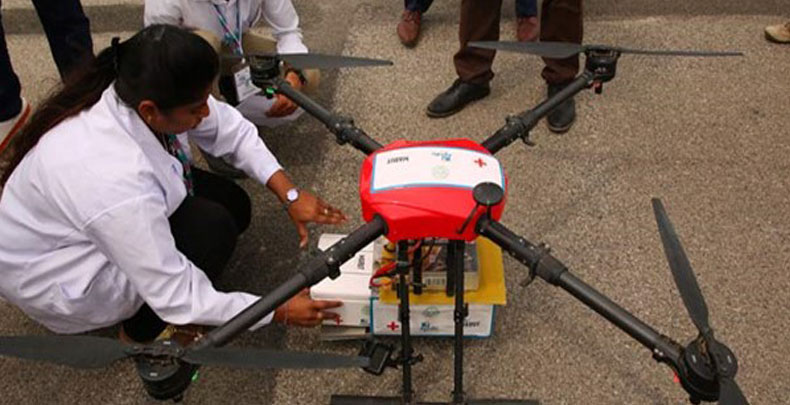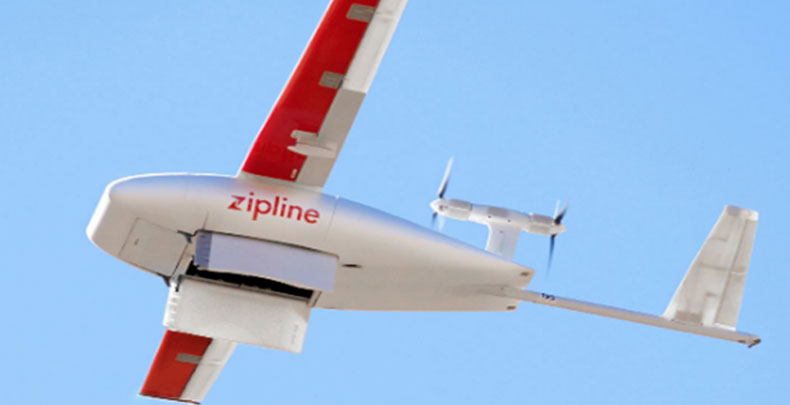
In the last couple of years, we all have realized that it is inevitable to live with the pandemic for some time, at least till we vaccinate every citizen in the country. In such a challenging situation managing the supply chains of public services is crucial. According to a global report, awareness of supply chain management practices is low in India. Our logistics networks are not sufficiently equipped to optimally handle the supply of essential commodities in crises situations. Inefficiencies at the State/UT level in handling the public services supply chains are further adding to the miseries. But, even after all these issues; the government wants to reach out to the last mile citizens with the public services as quickly as possible. This requires the streamlining of the last-mile delivery systems.
What is Last-Mile Delivery?
As the name suggests, last-mile delivery is the last leg of any distribution process which takes place from the warehouse to the user’s doorsteps. The prime objective of the last-mile delivery is to deliver items to customers as quickly as possible. According to most supply chain experts, last-mile delivery is considered a time-consuming and an expensive part of the shipping process. So, if done properly, it can save a substantial amount of time and cash which in turn can make the supplies both efficient and profitable.

Challenges in Last-Mile Delivery of Public Services

According to projectlastmile.com, there are several challenges in the last-mile delivery of public services:
- Poor information systems and inventory management from the point-of-care back through the supply chain, making it difficult for reliable supply and demand planning of products (such as medicines).
- Poor execution of storage guidelines and space management at point-of-care facilities (like public healthcare facilities).
- Shortage of trained human resources to set up and handle public supply chains efficiently.
- Limited engagement with private sector entities and their approaches to increasing efficiencies and best practices.
Smart Technology and Last-Mile Delivery
Smart technologies can be very helpful in dealing with the last-mile delivery challenges. Some of the recent applications of smart technologies in last-mile delivery are:
- Uberization of Trucking: Companies such as Amazon are on the way to create and manage comparable Uber-like app for trucking. This will help them in saving logistics costs related to fuel, labour, technology and asset tracking.
- Use of Smart technology for tracking: Internet of Things (IoT) and sensors can be used for tracking shipments in real-time. Both shippers and consumers can receive SMS alerts and email notifications for every movement of the shipment.
- Big Data Analytics: Big data analytics will allow supply chain entities to isolate the cost-impacting factors across all shipments.
- Autonomous Vehicles and Trucks, Drones and Robotic Delivery: Self-driving vehicles, drones, and robots have increased last-mile delivery options, and helping in building higher reliability and same-day delivery.
Medical Drones for the Last-Mile Delivery
One of the key areas where the impact of Covid-19 was most severely felt was in the delivery of medical supplies to infected areas and the transportation of test samples to diagnostic labs. During crises situations (like the Covid-19 pandemic), bottlenecks in drug distribution and sample testing can be improved through automation, artificial intelligence (AI), and robotics. During this time of emergency, Drone operators are providing ‘delivery as a service’ to healthcare customers. Medical Drones normally operate from different healthcare facilities and warehouses stocked with medical items such as vaccines, blood units, test kits, and other medical supplies. Most of these Drones are operated in partnership with private operators, humanitarian organizations, and Governments. These are critical to helping pandemic managers in providing just-in-time availability of emergency products.

A few examples of Medical Drone Application
- Government of Maharashtra and Zipline

In September 2019, the Government of Maharashtra announced its partnership with ‘Zipline,’ to use a logistics network of autonomous delivery drones to transfer emergency medicine and critical care products. This initiative was supported by the Serum Institute of India, the largest vaccine manufacturer in the world.
- Hyderabad-based start-up Marut Dronetech Private Limited

Since March 2020, the Government of Telangana has employed 19 drones of the start-up ‘Marut Drones’ to carry out disinfection and sanitisation work in 11 districts. These Drones are powered by GPS, Machine Learning, AI and IoT and are capable of carrying up to 10 litres of disinfectant for a distance of 20 km. Further Marut Drone is helping the government agencies in last-mile delivery of emergency medical needs, night-time surveillance of different zones and use of thermal cameras to spot possible infection clusters. Marut Drones has collaborated with the Telangana government, Apollo Hospitals and World Economic Forum to support the last-mile crucial supplies in the healthcare supply chain such as the transport of medicines, blood samples and even human organs.
Dr. Subrata Dey
Professor, Interim Associate Dean & Area Chair – Marketing
Alliance School of Business